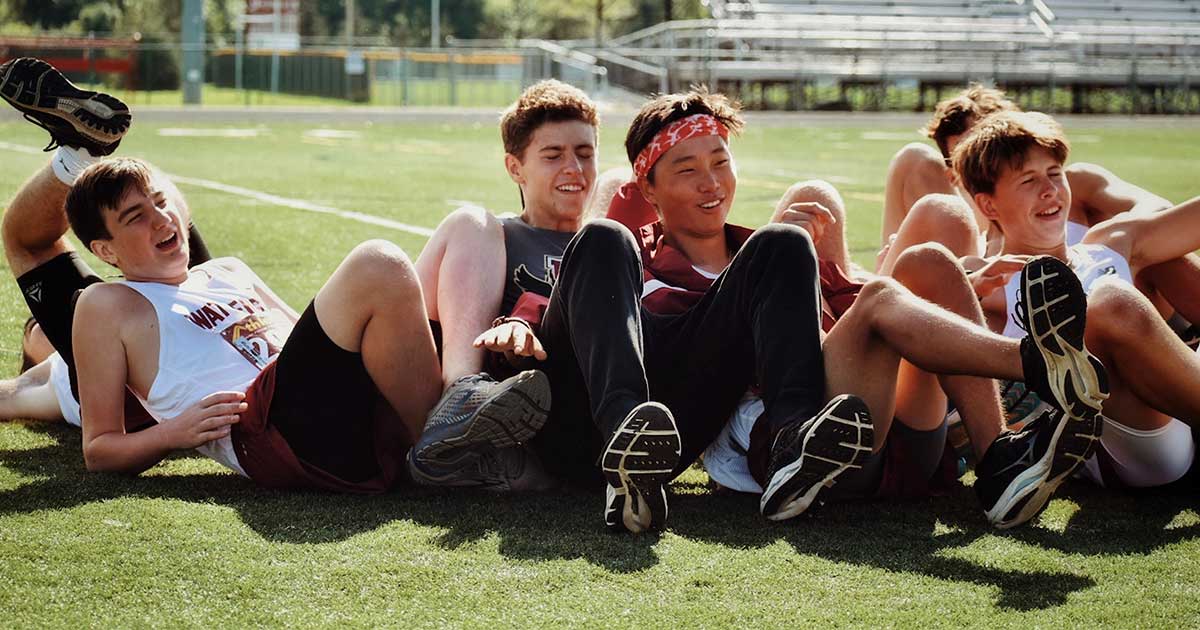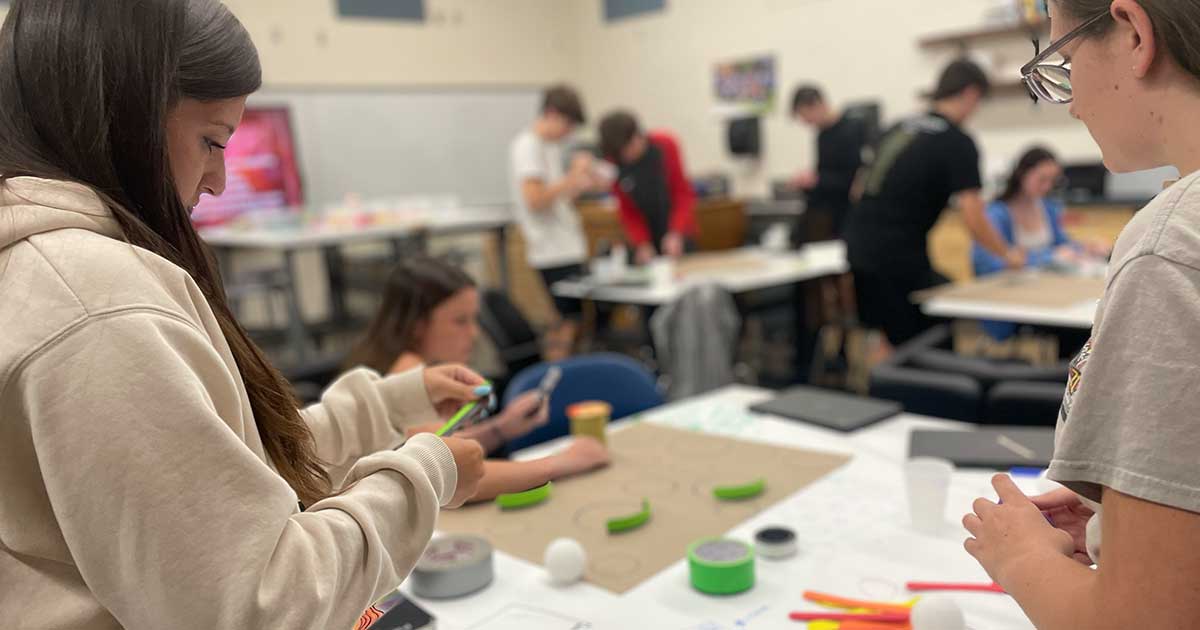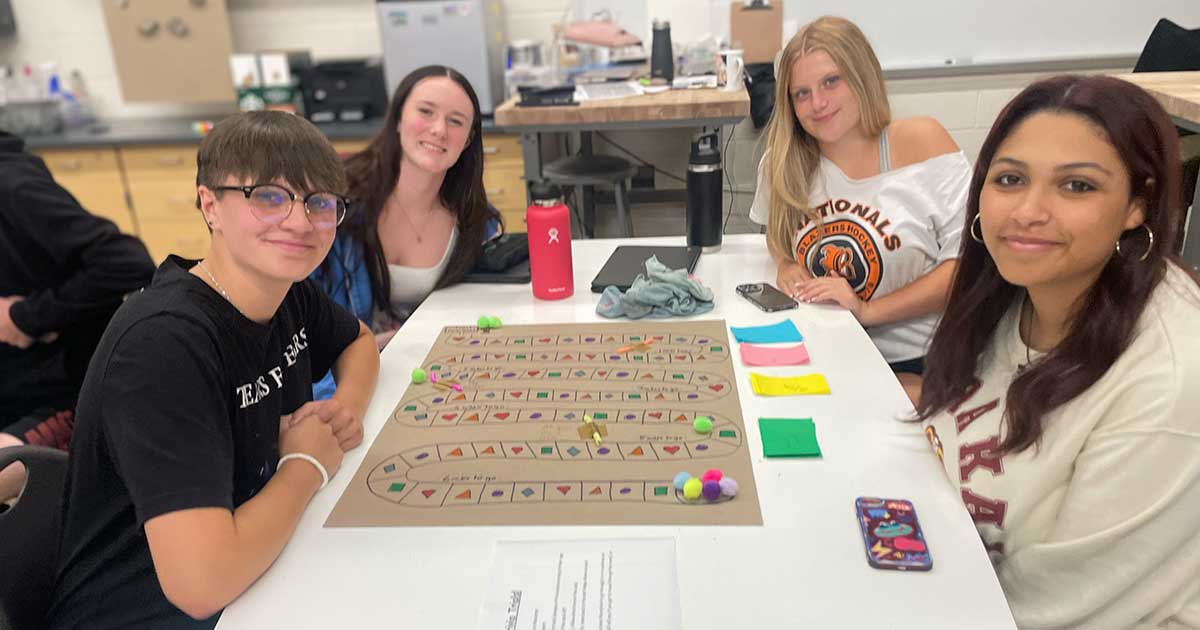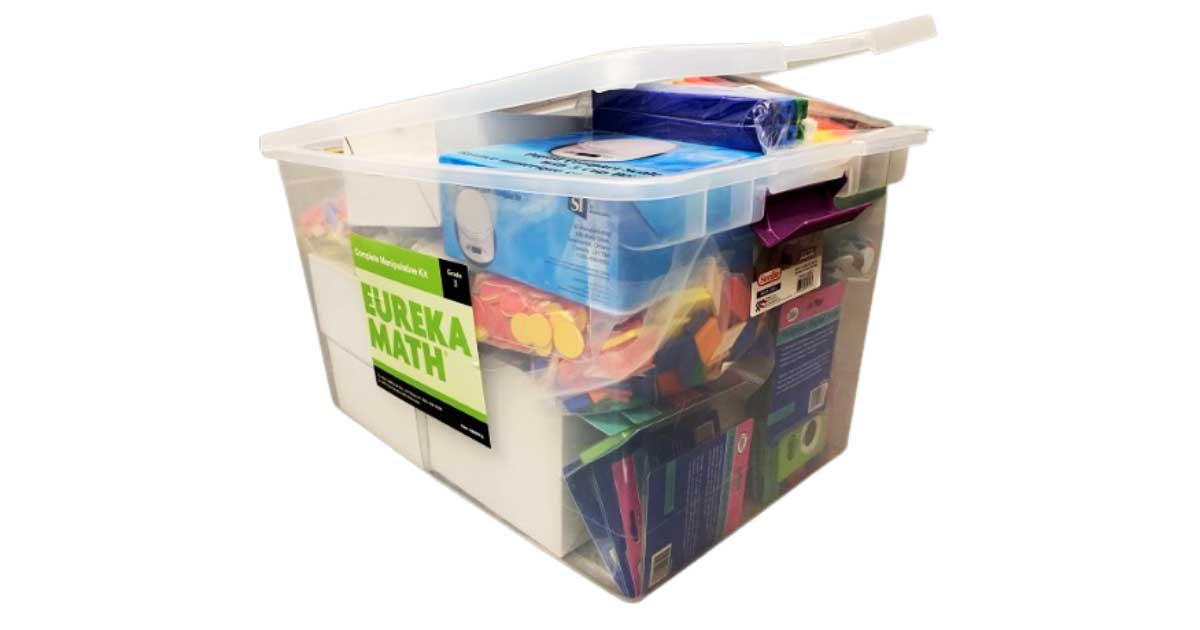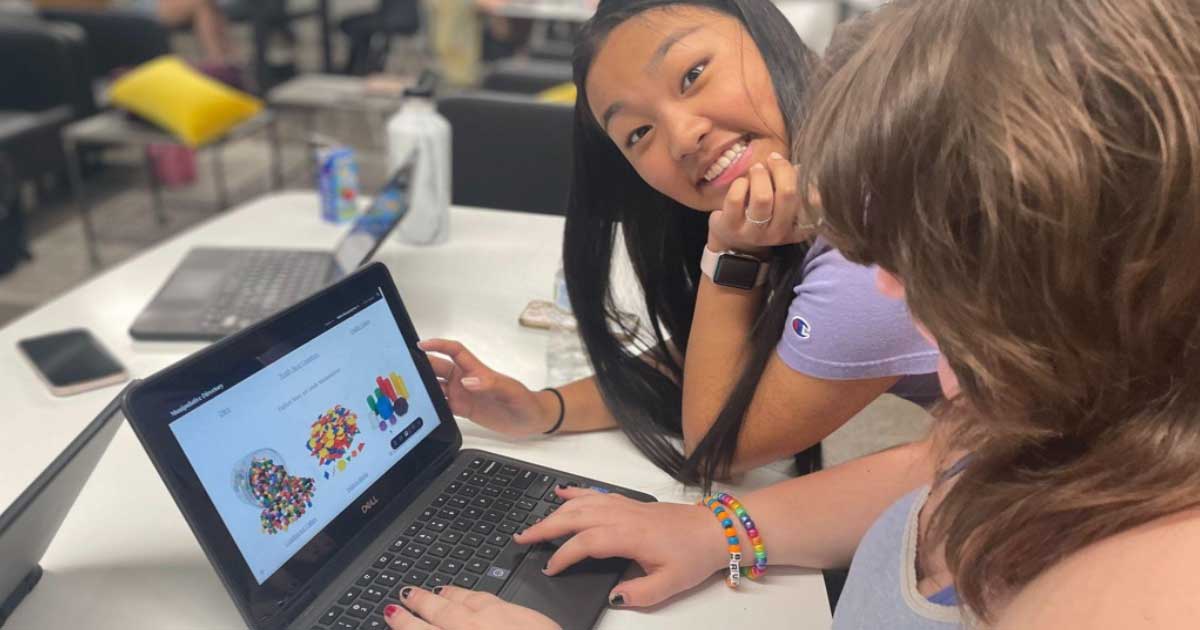By: Jenan Hazazi, Kevin Taylor, and Emily Moran
It is hard to try to come up with a solution to a problem that has no solution. How did we go about that? We are a team from Student Design Lab who were challenged to create a teen skin cancer campaign by Fox Chase Cancer Center.
We were ecstatic to begin our pursuit of solving the challenge and immediately started conjuring dozens of possible solutions; we quickly realized that coming up with ideas before research defeated the point of design thinking. We knew we needed to have a more specific focus point than the general teen audience. As teens ourselves, we know that there is a possibility of getting skin cancer but similar to various surveys we conducted, we also know that many teens do not pay attention to skin cancer prevention because many either believe that it won’t affect them or if anything will only affect them when their old, so why should they care?
Though we had an established sense that more awareness needed to be brought to teens in taking safety precautions against skin cancer, we were not sure if teens were not taking these precautions because of a lack of knowledge or simply because they don’t understand the severity of the issue. So we conducted several surveys to gain a basic understanding of their knowledge, and the common mentality toward skin cancer and its prevention of it. We found that respondents did have an overall understanding of skin cancer and knew that being in the sun and getting exposed to UV rays was a leading cause of skin cancer. But the general teen group was too broad with each survey bringing in over 100 responses, with information too broad to make any concrete conclusions on, and we wanted to narrow it down so we began to consider what group of teens end up spending the most amount of time in the sun.
This led us to narrow down our research to student-athletes, because they spend more time on average in the sun than average students. In a survey of only teen-athlete respondents, we found that the majority of teen athletes spend up to 4 hours in the sun and 82 percent of respondents acknowledged the importance of wearing sunscreen.
We eventually came to the idea of a series of videos, each one dedicated to specific sports, and the videos being implemented in middle school health classes and also at the high school level, where the athletes for the specific sport will watch their video. Our campaign is more of a proactive than reactive approach, meaning we are focusing on encouraging wearing sunscreen rather than forcing athletes to wear sunscreen. We enlisted the help of some friends who are in the film program and volunteered to help us film a prototype of these videos. The prototype video was a track-specific video, and while it does have some shortcomings, we are very proud of it and hope to improve them as we continue this project. For now, We presented our findings and our video prototype to Fox Chase, along with our pitch for a more comprehensive campaign. We pitched the idea to Fox Chase that we implement the videos at the school levels mentioned above, and also the idea of forming a partnership with a sunscreen company to keep small, single-use sunscreen bottles on hand in the athletic trainer’s office to make the sunscreen more accessible for the athletes and when you couple the easy access sunscreen with the videos, this will hopefully increase skin cancer awareness and protection. We hope to continue this project since we as a team do believe that this will hopefully create a ripple effect in wearing sunscreen, especially if we start focusing on the younger age group.
Our solution to a problem with no solution is encouragement through a series of sport-specific videos that target athletes to wear sunscreen when training outdoors. So teen athletes, don’t be naive and wear sunscreen.

